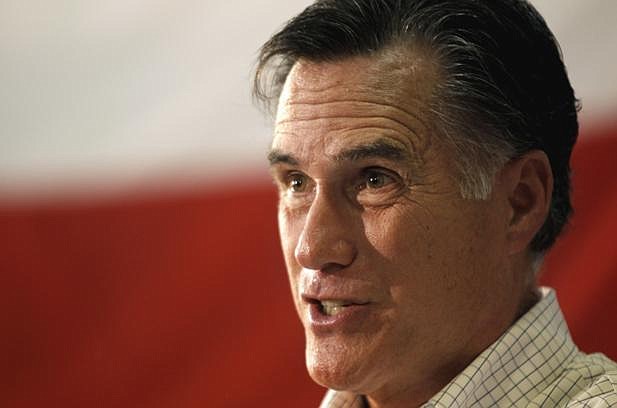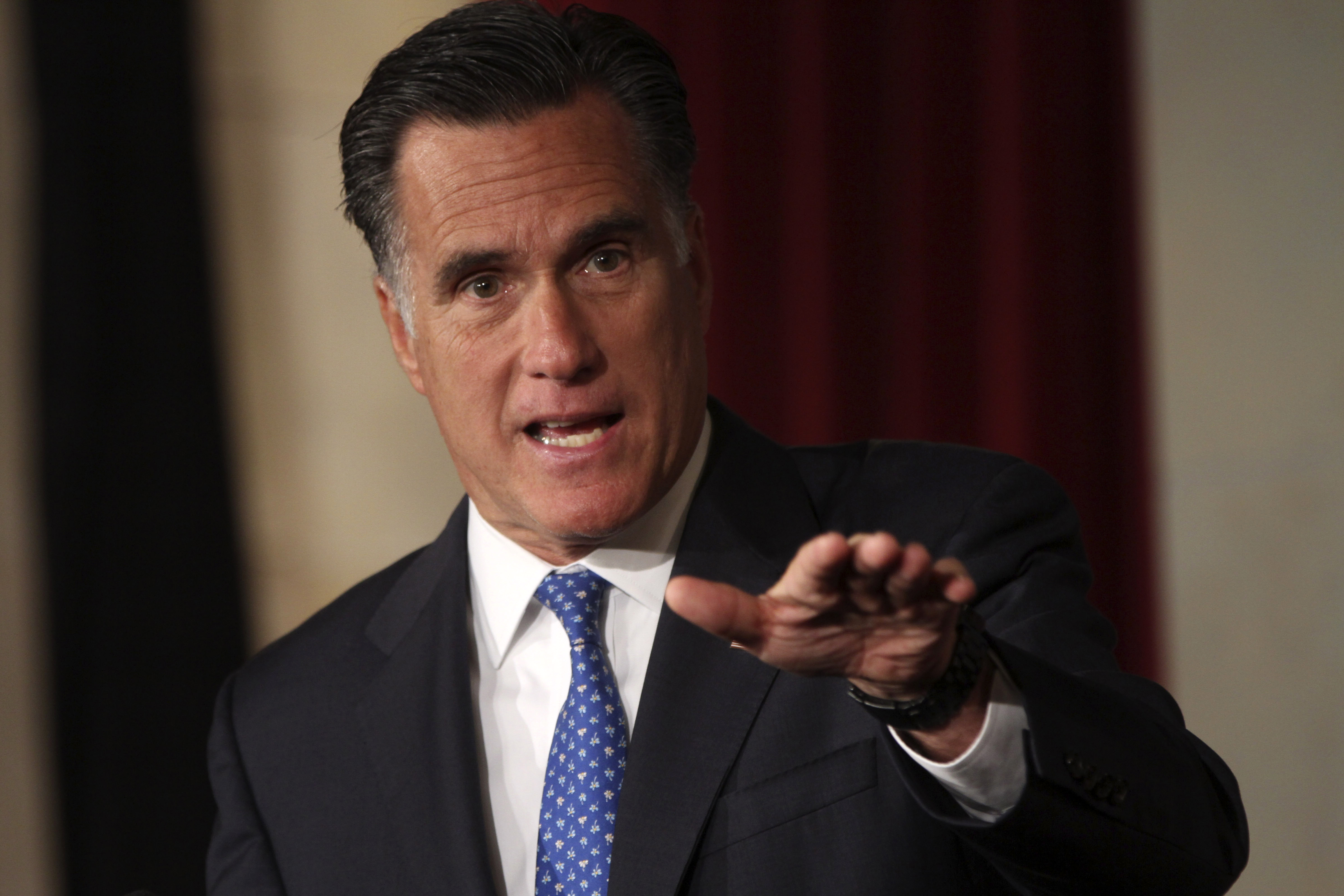Mitt Romney's victory in the Texas primary sews up a Republican presidential nomination that for all practical purposes already was his even a bit before the official departure from the race of key rivals Newt Gingrich and Rick Santorum.
His selection as the GOP standard-bearer in the November general election came only after Republican voters gave careful consideration -- and a number of states -- to other candidates. Romney always had a campaign financing edge, however, and the fact that Santorum and Gingrich got as far as they did is remarkable considering how significant the financial disparity was between them and Romney.
Nonetheless, the former Massachusetts governor now has more than the 1,144 delegates he needs to claim the nomination, so the focus is fully on the question of how he will beat President Barack Obama in the fall.
Many observers, including this editorial page, have raised concerns that the Obama campaign will use Romney's support of an ObamaCare-style health program in Massachusetts against the GOP nominee. That tactic already is being employed, and there seems to be little reason to think it will not continue so long as Obama's advisers believe it is an effective strategy.
There is at least one defense of the Massachusetts law, however: It was not unconstitutional, as ObamaCare clearly is with its requirement that virtually all Americans buy medical insurance approved by the federal government. Look for anti-Romney campaign ads to ignore that distinction entirely and focus instead on unfortunate similarities between the Massachusetts law and ObamaCare.
Still, Romney has his strengths. He has an extensive and successful background in business, and he famously has not hesitated during his career to trim unproductive staff from the ventures in which he has been involved. That raises hopes that Romney will take a scalpel to the federal budget as well and veto the reckless spending that has helped saddle the United States with nearly $16 trillion in debt. That alone would make a Romney administration worthwhile.
And while Romney is not as dyed-in-the-wool culturally conservative as, say, Santorum, he is leagues ahead of Obama in his thinking on matters such as the sanctity of human life.
It's doubtful he will be able to match Obama's astonishing fundraising prowess as the election nears, and that is a disadvantage that cannot be overstated. But even big money has some limits. Obama and his supporters can bombard the American people with campaign ads assuring them that the economy is enjoying a bustling recovery. But if sooner or later that rosy assessment doesn't start squaring with something resembling reality, all the gushing TV spots in the world won't keep Obama in the Oval Office.
Unless, of course, Romney has a series of major stumbles. But Romney has grown peppier and more confident in his public appearances of late, and he has acquired a good deal of campaign discipline that seems unlikely to let him fall into too many political traps.
Based on his record of failure as president, Obama would seem rather beatable. And he may be. But we'll know soon enough whether Romney has the strength of message and the right ideas to persuade the voting public to send him to the White House.

